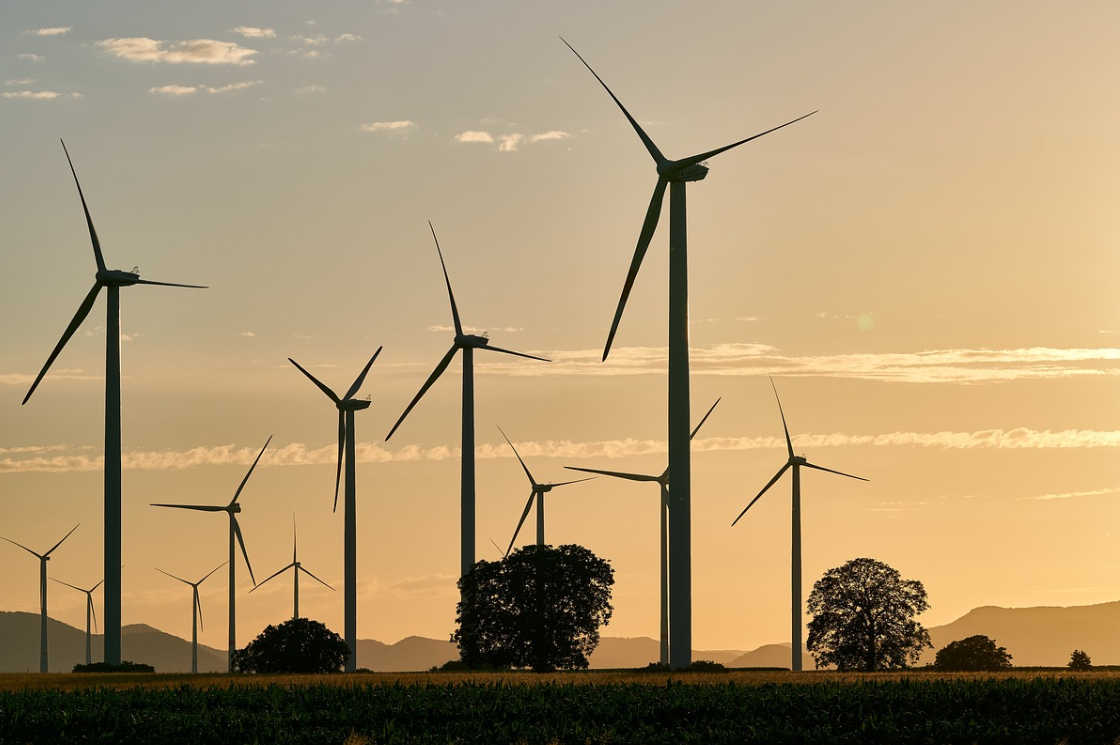
(Photo : Pixaby)
India has outshined China as a destination for attracting clean technology funding in recent months to boost domestic green manufacturing, Economic Times has reported.
BloombergNEF data shows that in the third quarter, deals totaling around $2.4 billion were completed, exceeding China's by more than four times and ranking second globally, only behind the U.S.
The momentum is being fueled by India's efforts to develop domestic clean energy capacity to reduce dependence on China, along with the potential to become a technology exporter, according to Raj Pai, founding partner of GEF Capital Partners, a climate-focused private equity firm.
"The attractiveness of the climate sector for both public and private capital is very high," he said.
Policy Support and Initiatives by India
- National Green Hydrogen Mission (2023): Aims to make India a global hub for green hydrogen production, with incentives for research, production, and infrastructure development.
- Production-Linked Incentive (PLI) Scheme: Focuses on advanced technologies like batteries, solar panels, and green hydrogen, boosting domestic manufacturing and reducing import reliance.
- National Solar Mission: Supports the growth of India's solar power capacity, making it one of the world's largest solar energy producers.
- State-level Renewable Energy Policies: Encourage renewable energy adoption and support green manufacturing at the regional level.
- Faster Adoption and Manufacturing of Hybrid and Electric Vehicles (FAME) Scheme: Promotes the electric vehicle sector, helping to reduce emissions and stimulate clean technology innovation.
These initiatives have created a conducive environment for investment, innovation, and the development of India's clean energy and green manufacturing sectors.
Venture Capital and Investment Trends in India's Clean Tech Sector
"Climate is currently the most talked-about subject for venture capital in India," stated Abhinav Sinha, head of technology and telecoms at British International Investment Plc, the UK government's development-finance arm. BII, which has invested more in India than in any other nation, is committed to deploying at least $1 billion in climate-related projects in the country by 2026.
He further added, "About a quarter of all seed stage investments in India by venture capital groups are currently being made into climate-related startups."
The Economic Times report further stated that, although India competed with China for green technology funding in the third quarter, the $3.6 billion raised this year still falls short of China's $5.6 billion, according to BNEF data. To accelerate India's transition to net-zero emissions and reach the target 20 years earlier than the current 2070 goal, an investment of up to $12.4 trillion would be required, BNEF estimates.
Challenges Facing India's Clean Tech Startups
India has approximately 800 climate-focused startups, but only around 25% have raised capital in the past decade. These startups have collectively secured about $3.6 billion, far less than the $19 billion raised by fintech firms over the same period. According to a September report by IIMA Ventures and Mitsubishi UFJ Financial Group Inc., green startups in India also struggle to secure growth-stage funding. The report highlights the need for significantly more investment to foster the growth of these startups and accelerate the country's transition to a greener economy. Dhanpal Jhaveri, CEO of Eversource Capital, aptly described the situation: "We are not even in a pond, we are in a puddle where we need an ocean of capital."









